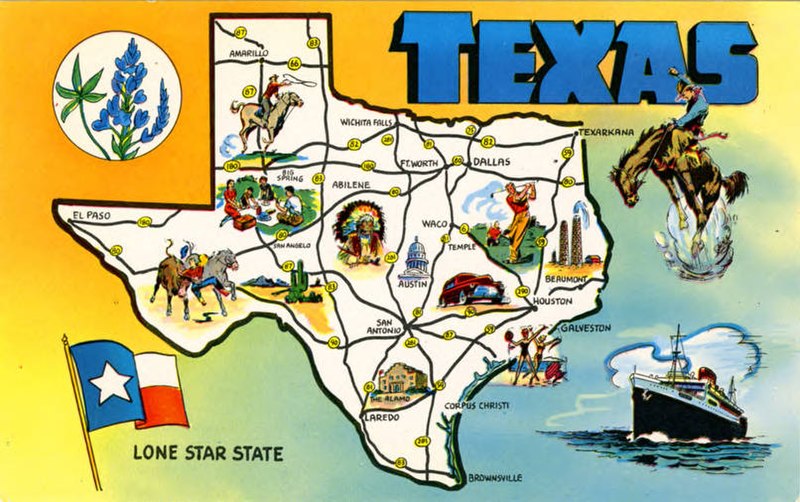The Lone Star State’s turbulent political landscape just saw another twist, as the Texas Nationalist Movement (TNM) failed to secure a spot on the Republican primary ballot for their divisive proposition: Texas secession. This setback has ignited a legal battle and reignited tensions over the state’s identity and future within the American union.
The TNM submitted over 130,000 signatures in support of their ballot proposition, but their hopes were dashed after the Texas Republican Party (RPT) rejected them. Party Chairman Matt Rinaldi declared the signatures invalid, citing a technicality: only a “small fraction” were handwritten, as required by state law. The vast majority were submitted electronically, a method not authorized for such propositions.
This sparked immediate fury from the TNM, with its president, Daniel Miller, vowing to fight the decision in court. He accused the RPT of “blatant political manipulation” and a “betrayal of Republican principles,” claiming thousands of valid signatures were unjustly disregarded.
The stakes of this legal battle extend far beyond ballot access. The proposition itself, pushing for a potential referendum on Texas independence, taps into a deep vein of historical and cultural identity within the state. Proponents of secession, often citing dissatisfaction with federal policies and a desire for greater autonomy, have found fertile ground in Texas’ independent spirit.
But opponents, including many within the GOP establishment, vehemently reject the idea. They argue that secession is not only unrealistic but also highly damaging, potentially fracturing the nation and destabilizing the economic and political landscape. Moreover, they point out that the U.S. Constitution prohibits unilateral secession, making the entire endeavor legally dubious at best.
Regardless of the legal outcome, the TNM’s ballot bid has reignited the contentious debate over Texas’ relationship with the rest of the country. With strong opinions on both sides, the issue is likely to stay at the forefront of political discourse in the state, fueling further division and speculation about the Lone Star State’s future within the American union.
This saga highlights the complex interplay between legal technicalities, political maneuvering, and deeply held beliefs about identity and belonging. As the TNM presses its legal challenge, the rest of the nation watches with a mix of fascination and apprehension, wondering whether Texas will remain firmly anchored in the American story or chart a course towards an uncertain future as an independent nation.



